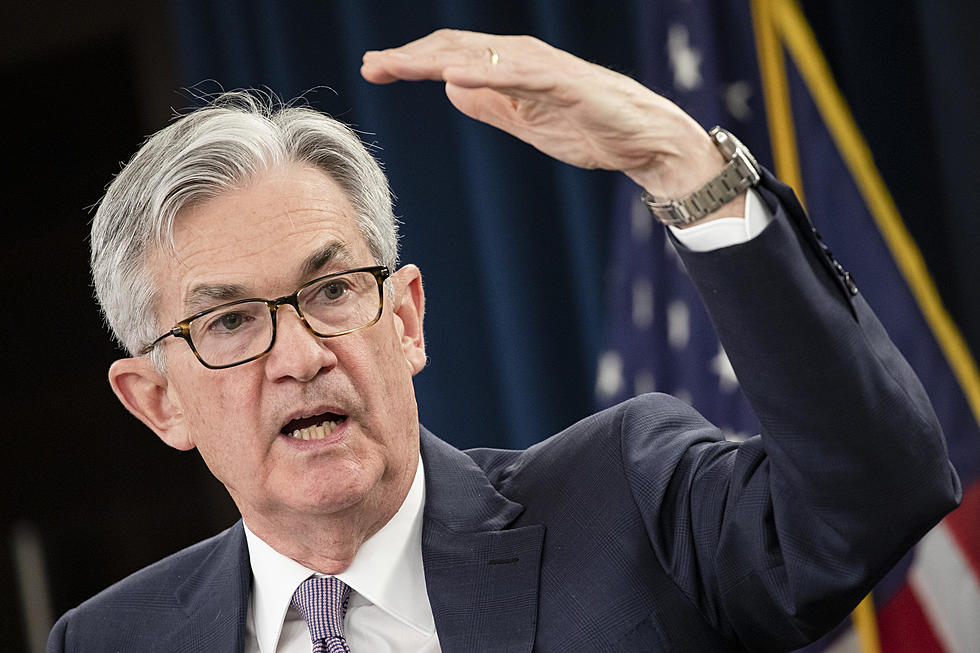
Senators Letter on UN Arms Treaty Based on Misunderstanding
Senators Mike Enzi and John Barrasso have issued a press release on the so-called UN Arms Treaty which has been in negotiation since the Bush administration.
Their concerns are that the treaty might, among other things, affect an American’s right to keep and bear arms.
That is based on a misunderstanding of the treaty which we will explain below, but here is the press release…
“Washington, D.C. – Wyoming’s U.S. senators have signed letters to Senate appropriators requesting that they include language to prohibit spending on implementation of the United Nations (U.N.) Arms Trade Treaty (ATT). In the letters Senators Mike Enzi, John Barrasso, both R-Wyo., and other senators led by Senators Jerry Moran, R-Kan., and James Inhofe, R-Okla., expressed concerns with both the substance and the process by which the treaty was adopted.
“We are deeply concerned that the ATT does not expressly recognize, in the body of the treaty text, the fundamental, individual right to keep and bear arms, and the individual right of personal self-defense, as well as the legitimacy of hunting, sports shooting, and other lawful activities pertaining to the private ownership of firearms and related materials, and are thus concerned that the treaty risks encouraging infringements on freedoms protected by the Second Amendment,” wrote the senators.
Under the senators’ proposal appropriators would make clear that no money could be, “…obligated or expended to sustain domestic prosecutions based on any charge related to the Arms Trade Treaty, or to implement the Treaty until the Senate approves a resolution of ratification for the Treaty and the House and Senate adopt implementing legislation for the Treaty.”
The senators believe the language is necessary because Secretary of State John Kerry signed the treaty and the Administration is making efforts to implement it unilaterally through administrative actions.
Additional concerns include the treaty’s possible hampering of the U.S.’s ability to provide arms to allies, the implementation of the treaty without transmitting it to the Senate, additional monetary costs and that the treaty would make Americans vulnerable to domestic prosecution under this treaty.
The letters were sent to the Senate Appropriations Subcommittee on Commerce, Justice, Science and Related Programs, the Subcommittee on Homeland Security, the Subcommittee on State, Foreign Operations and Related Programs and the Subcommittee on Defense.”
EXPLANATORY NOTES...
Here is where the misunderstanding lies. In March 2013 a finished version of the Arms Trade Treaty (ATT) was finally presented to the U.N. General Assembly, and that body approved the treaty by a vote 154 to 3 (with 23 abstentions) on April 2, 2013. Only Iran, North Korea, and Syria voted against it.
The treaty was finally signed by U.S. Secretary of State John Kerry in September 2013, but it still has to be ratified by the UN membership; and here is the first area of misunderstanding; it must be ratified by the US Senate. That is the case with any treaty signed by any administration.
The second area of misunderstanding is that the treaty does not affect arms sales and ownership inside the borders of any country. It only concerns the international arms trade. In fact, the US Constitution prohibits any treaty that violates it’s primacy in US law. So the ATT cannot affect personal arms ownership in the United States, and Secretary of State Clinton announced early on that there would be no US agreement if any attempt was made to do so.
So there is no need to reiterate the lawful uses of arms inside the United States since the treaty leaves domestic arms laws to the judgement of each individual nation. It simply doesn’t address them.
It will not affect legitimate arms sales to US allies. The point of the treaty is to keep arms out of the hands of rogue regimes and international terrorists.
Whether the treaty will do that effectively is a subject many critics do rightfully argue about since the treaty includes little or no enforcement power.
More From K2 Radio









